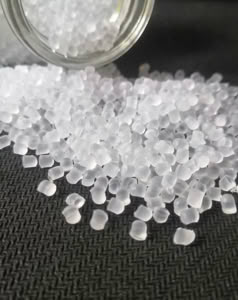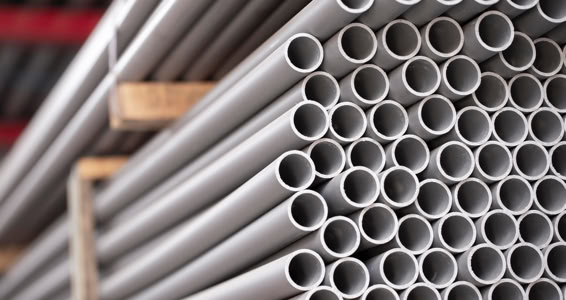A Certificate of Analysis (COA) is a quality control document that comes with every batch of PVC compound. Instead of seeing it as a confusing list of numbers, think of it as a tool to verify that the material you received will perform as expected. For cable grades, focusing on a few key data points on the COA can prevent production issues and ensure your final product meets specifications.
Key Properties to Check
When you review a COA for a cable compound, look for these critical properties:
- Tensile Strength & Elongation: These two mechanical properties are crucial for the cable's durability. The tensile strength measures the force needed to break the material, while the elongation shows how much it can stretch before breaking. A consistent balance between these values from batch to batch ensures the final cable is strong and flexible.
- Volume Resistivity: This is a vital electrical property for insulation compounds. It indicates the material's ability to resist electrical current. For insulation, you need a high volume resistivity value to prevent current leakage and ensure safety.
- Hardness (Shore A): This measures the compound's resistance to indentation and is especially important for sheathing or jacketing materials. A consistent hardness ensures the cable has the right level of protection against cuts and abrasions.
- Melt Flow Index (MFI): This property is key for processability. It tells you how easily the compound flows during extrusion. A consistent MFI means you'll have stable production without having to constantly adjust your line settings.
By quickly checking these four data points against your specifications, you can confirm the quality of the compound and start your production run with confidence. We provide a COA with every delivery upon request to help you ensure batch-to-batch consistency.



